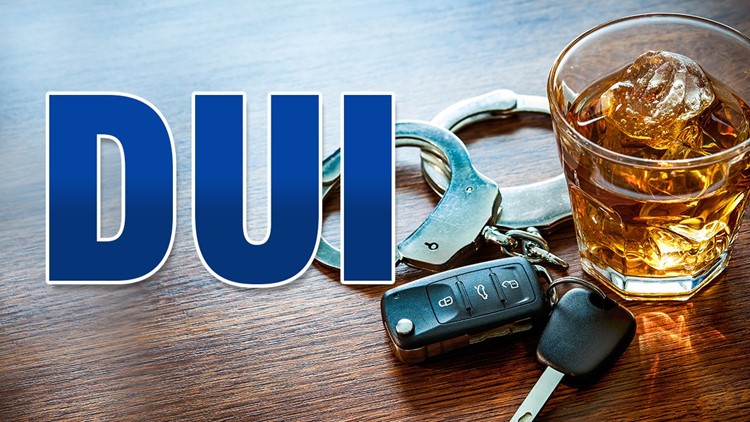DAUPHIN COUNTY, Pa.– Pennsylvania’s new DUI law which focuses on repeat DUI offenders, Act 153, goes into effect on December 23, 2018, prior to the dangerous Christmas/New Year’s holidays.
This new law makes PA safer by increasing penalties to high risk DUI offenders, including those that continue to drive impaired as well as those who drive on a DUI-related suspended license. Changes under Act 153 include:
- Felony penalty for a 3rd-time DUI conviction within 10 years, if third offense is with high blood-alcohol content of .16 or higher; and in all other cases at 4th offense. It should be noted that prior to Act 153, PA was one of only 4 states that did not treat repeat DUI as a felony, regardless of the number of prior DUI convictions.
- Increased penalties for Homicide by Vehicle while DUI, which is currently a 3-year minimum sentence regardless of offender’s DUI history. Specifically:
- If convicted of a prior DUI, the minimum sentence for causing a death is 5 years;
- If convicted of two or more prior DUIs, the minimum sentence for causing a death is 7 years.
- Increased penalties for various offenses associated with driving illegally while under a DUI-related license suspension.
There are over 1,000,000 DUI offenders in Pennsylvania that are subject to this new law, with an estimated 25,000 – 30,000 first-time DUI offenders being added to this group on an annual basis. Among this group of DUI offenders are 140,000 individuals with DUI-suspended driver licenses and an estimated 250,000 repeat DUI offenders Although most people learn from their mistakes, many do not. In 2016, there were over 10,000 individuals convicted of their 2nd or subsequent DUI. These individuals who choose to continue to drive impaired or drive under a DUI-suspended license are the highest risk offenders and the ones that will experience the increased penalties for their conscious decision to violate these DUI laws.
The enactment of SB961 into Act 153 was led in large part by its primary sponsors, State Senator John Rafferty and State Senator Scott Martin. Senator John Rafferty, has been the leading champion for improving PA’s inadequate DUI laws, having also introduced SB 290, which became Act 33 in 2016, that requires the use of ignition interlock for convicted first-time DUI offenders. Senator Scott Martin was the primary co-sponsor of SB961, as his DUI bill, SB635, was amended into SB961 to make it a much stronger bill. Representative Keith Greiner helped pass SB961 in the House.
Senator Scott Martin (R-13) helped lead the effort in the Senate to pass the bill, and several measures he authored were included in the final legislation.
“Impaired driving not only poses a danger to the driver who makes that irresponsible choice, but also to every motorist and passenger they encounter on the roadways,” Martin said. “Especially as we enter the holiday season, it is critical for drivers to understand the serious nature – and the serious consequences – of driving under the influence.”
“When an individual repeatedly makes the irresponsible and dangerous decision to get behind the wheel while under the influence of drugs or alcohol, the punishment should fit the serious nature of the crime,” Martin said. “Drunk driving creates a serious hazard that all too often leads to a trail of pain and misery for innocent bystanders. I am thankful that this new law will help keep habitual offenders off the road and behind bars.”
SOURCE: Pennsylvania Parents Against Impaired Driving



